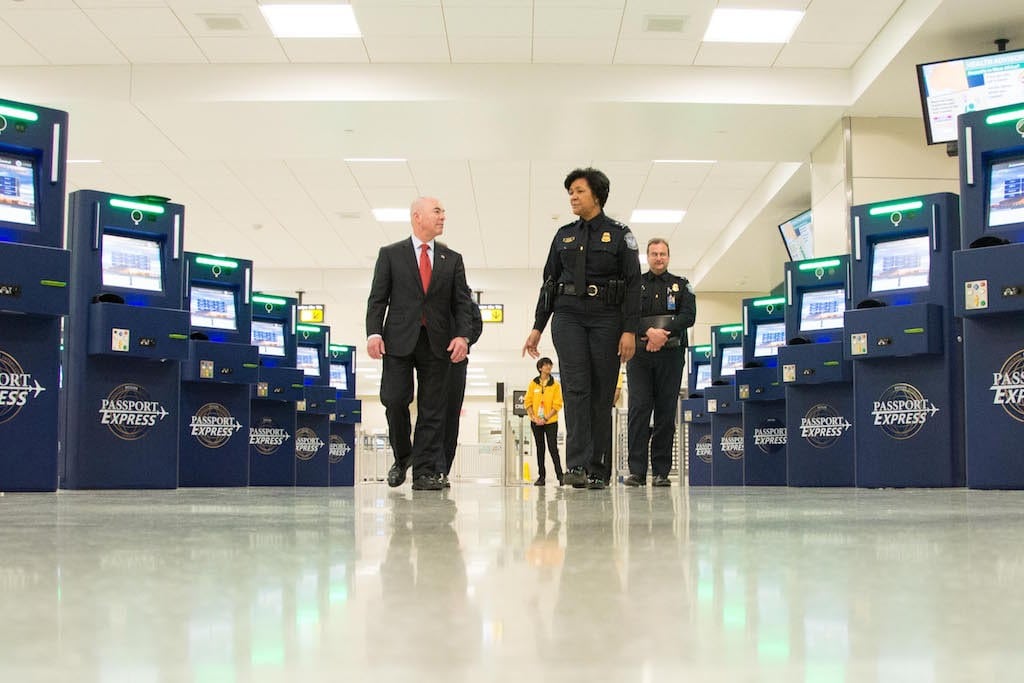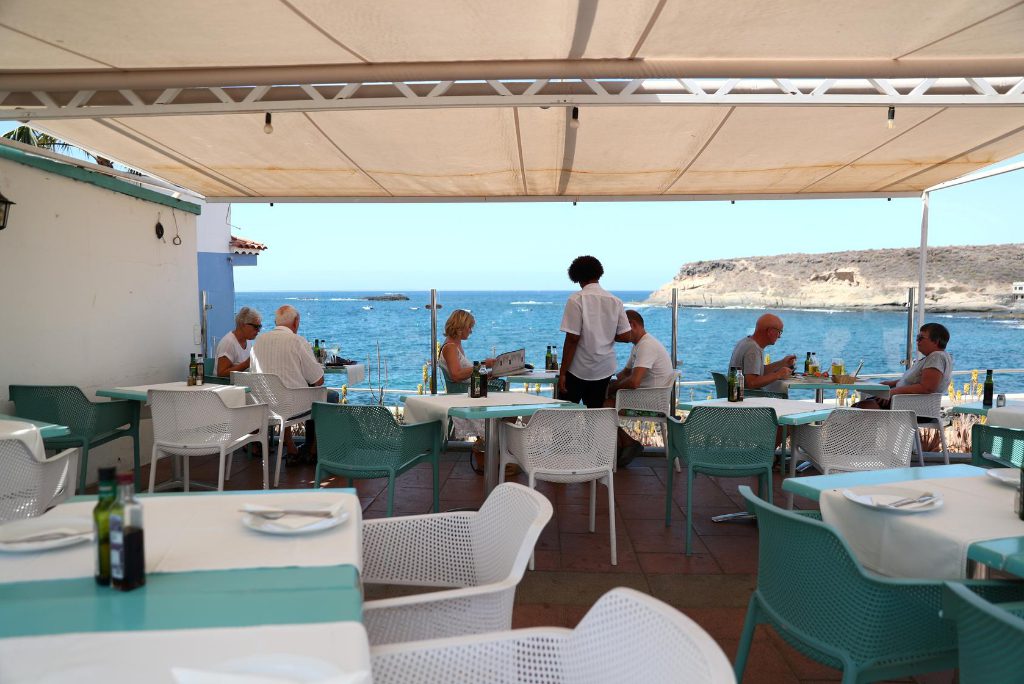Taiwan will be reinstating visa-free entry for visitors from U.S., Canada, New Zealand, Australia, Europe and its “diplomatic allies,” from September 12.
However, visitors would still need to quarantine at home for three days and would need to get tested on arrival. The current cap of 50,000 inbound passengers per week would also remain in place. The prevention measures issued by the Taiwan government also includes four days of self-health monitoring for inbound arrivals.
Taiwan plans to extend the visa exemption to more countries. Inbound group tours are still not allowed in the country.
In June, Taiwan shortened the duration of home isolation to three days from seven days, while increasing the cap on inbound arrivals to 25,000 per week. From August 15 onwards, the country lifted its requirement for a pre-arrival polymerase chain reaction test from inbound arrivals.
Monday’s announcement of the resumption of visa-free free entry by Taiwan’s Central Epidemic Command Center signals the country’s efforts to relax restrictions put in place during Covid while keeping pace with reopening mesaures of Asian destinations.
The center highlighted the need to balance disease prevention efforts and promotion of economic and social activities.
The decision has been made after a comprehensive assessment and in light of the fact that most countries in the world have opened their borders, Victor Wang, head of the Central Epidemic Command Center, said during a press conference on Monday afternoon.
“Border control measures and epidemic prevention measures would be adjusted in a rolling manner depending on the changes in the epidemic situation,” the Taiwan government noted in a statement.
Even as Taiwan has been slowly relaxing restrictions for inbound arrivals, escalating differences with China has had a bearing on its tourism industry.
Sparked by U.S. House of Representatives Speaker Nancy Pelosi’s visit to Taiwan last month, China, in its biggest-ever military drills in the Taiwan Strait, had deployed scores of planes and fired live missiles near Taiwan.
Some airlines had cancelled flights to Taipei and rerouted others using nearby airspace that had been closed to civilian traffic during these military exercises. While the airspace involved had been comparatively small, but the disruption had hampered travel between Southeast Asia and Northeast Asia.
An earlier Skift story had also highlighted that the Taiwan tensions could drive up travel costs significantly.

